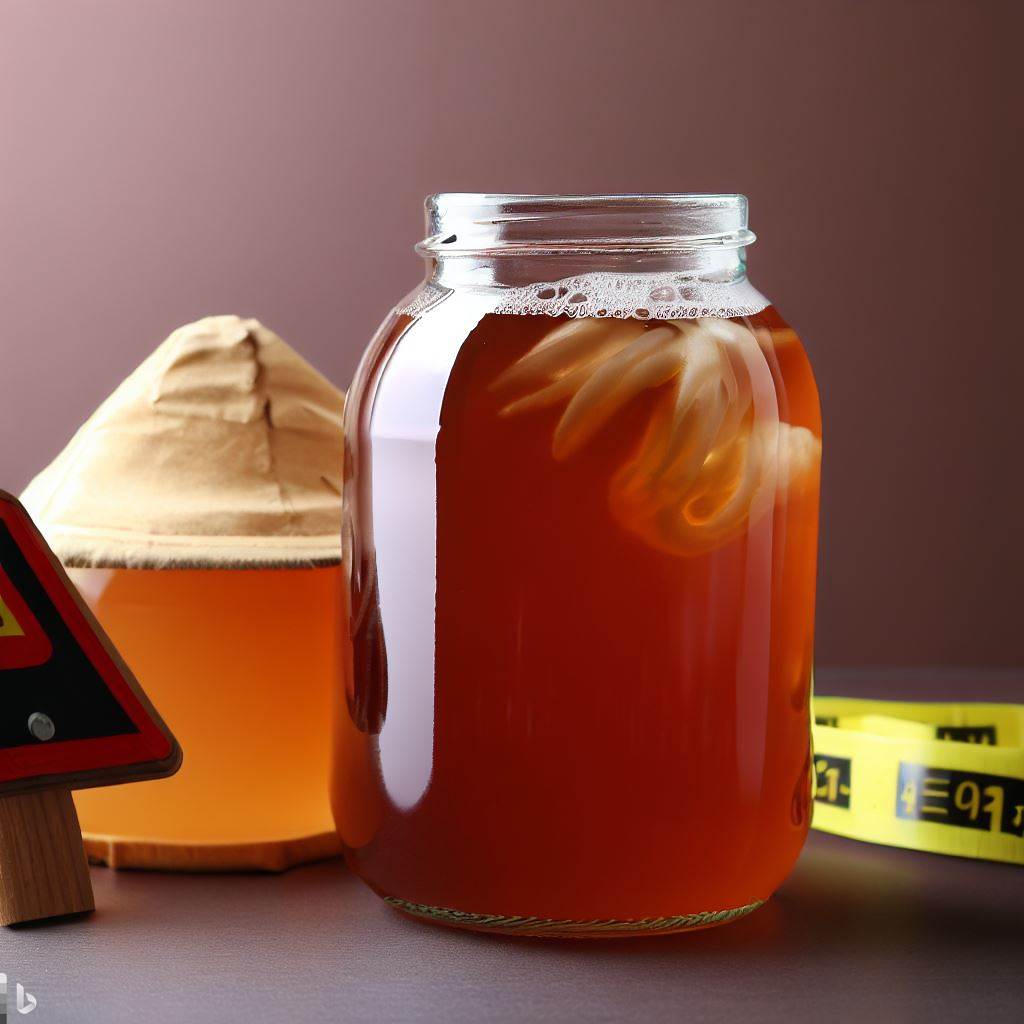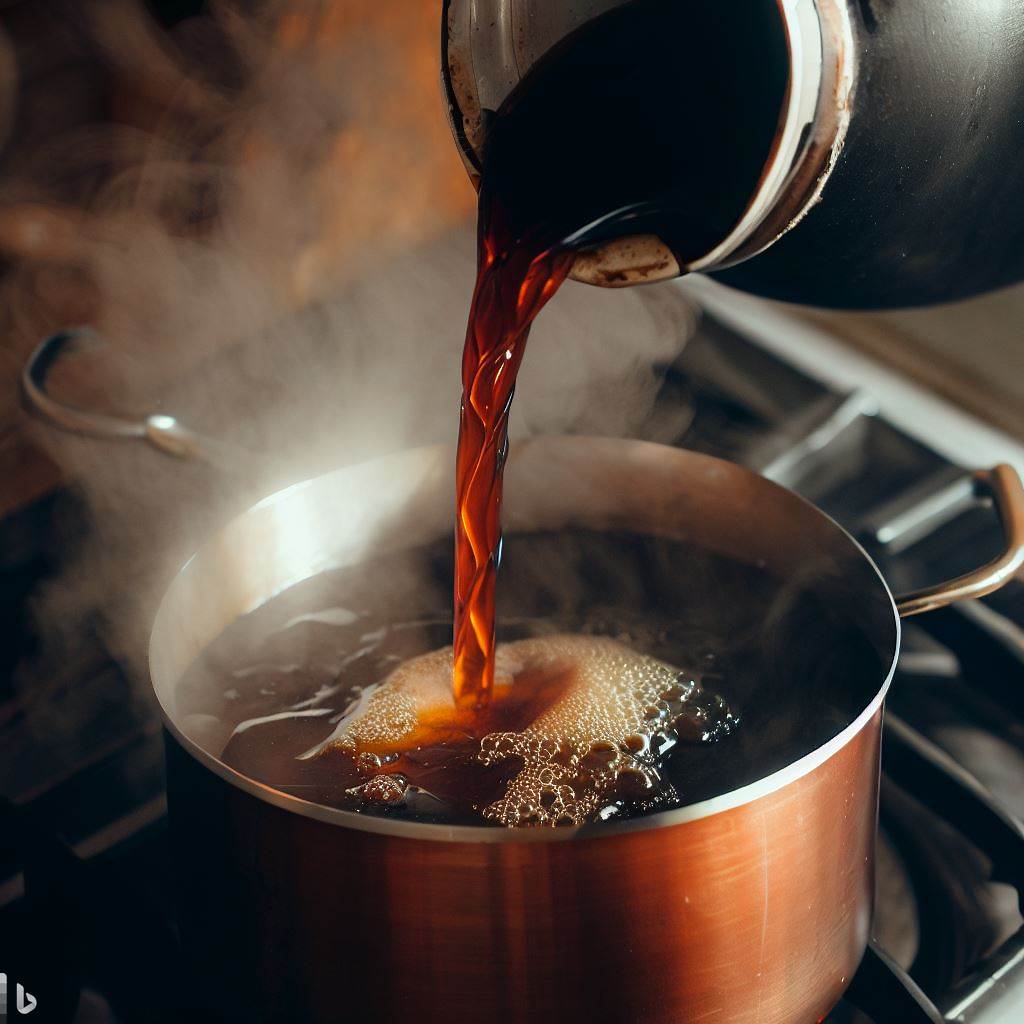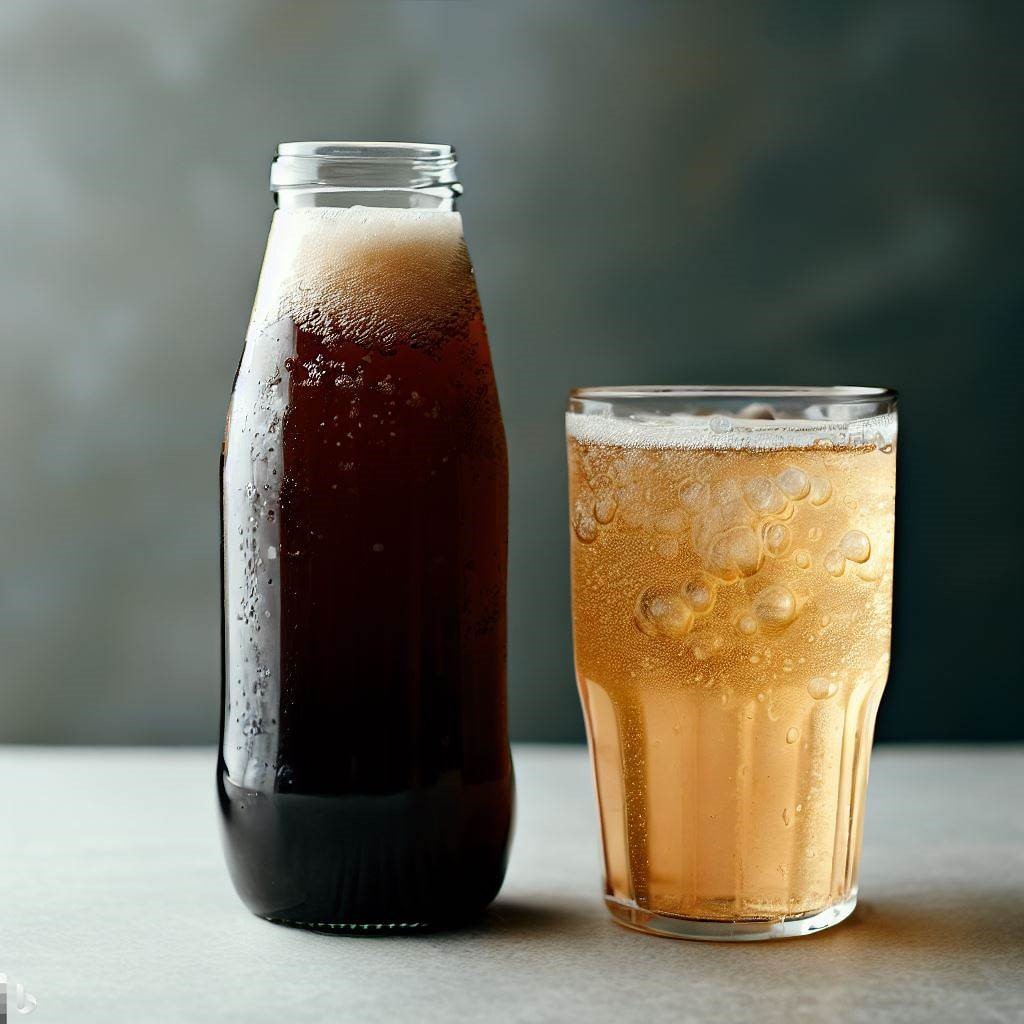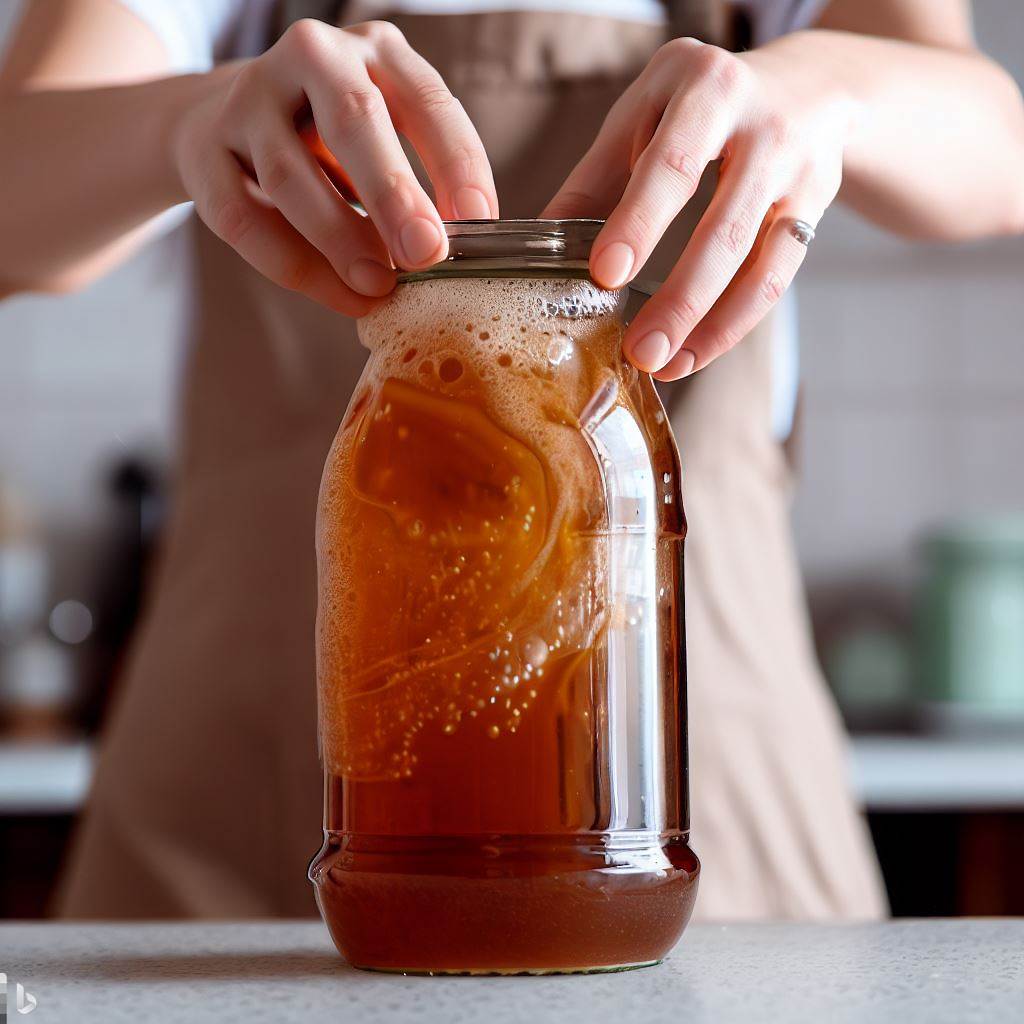Some people have concerns about Kombucha’s safety. In this comprehensive guide, we will explore the truth behind kombucha, its benefits, and potential risks, to help you make an informed decision about whether is kombucha safe to drink?
Is Kombucha Safe to Drink? Debunking Myths and Unveiling the Truth
Kombucha has a rich history dating back nearly 2,000 years. It originated in China and later spread to Japan, Russia, and Europe. Today, it’s a popular health and energy drink in the United States, with many people claiming it can help with various health issues, from digestion to immunity.
The Fermentation Process
The primary ingredients in kombucha are yeast, sugar, and black or green tea. In the first fermentation the mixture is left to ferment for a week or more, during which bacteria and acids form, along with a small amount of alcohol. This fermentation process is similar to how cabbage becomes sauerkraut or kimchi, and how milk turns into yogurt.
The SCOBY (symbiotic colony of bacteria and yeast) that forms on top of the liquid is essential for fermenting more kombucha. Kombucha contains lactic-acid bacteria, which can act as a probiotic, and a healthy dose of B vitamins.
Health Benefits of Kombucha

Kombucha enthusiasts claim it can aid digestion, detoxify the body, boost energy, enhance immunity, promote weight loss, and even prevent cancer. While there is limited scientific evidence to support these claims, some elements of kombucha may be beneficial.
Fermented products, in general, are good for gut health. They contain probiotics that can help with diarrhea, irritable bowel syndrome (IBS), and even strengthen immunity. When kombucha is made from green tea, it offers additional benefits, such as additional antioxidants that protect cells from damage and may help burn fat and protect against heart disease.
Potential Risks of Kombucha
Despite its potential benefits, there are some risks associated with kombucha, particularly if it’s not prepared or stored correctly. These risks include contamination, alcohol content, acidity, and allergic reactions.
To minimize these risks, it’s essential to purchase kombucha from a reputable source or make it at home using proper care and sanitation. Experts recommend using glass, stainless steel, or plastic containers and keeping all equipment clean.
Kombucha and Alcohol Content
Kombucha does contain small amounts of alcohol, typically less than 0.5-1% by volume. Homemade kombucha may have a higher alcohol content, depending on the fermentation process. If you’re concerned about the alcohol content in your homemade kombucha, you can use a hydrometer or refractometer to measure it.
Caffeine and Sugar in Kombucha
Kombucha contains small amounts of caffeine and sugar. The caffeine content is significantly lower than that of coffee or tea. Additionally, the sugar content is also relatively low compared to other beverages like soda. Most of the sugar in kombucha is consumed during the fermentation process. This leaves only a fraction of the original amount in the final product.
Drinking Kombucha Safely
To enjoy kombucha safely, start with a small amount and gradually increase your intake, paying attention to how your body reacts. The Centers for Disease Control and Prevention (CDC) recommends consuming one to three 4 oz cups per day as a safe range.
Final Thoughts
Finally, kombucha can be a safe and potentially beneficial addition to your diet when consumed in moderation and prepared correctly. However, it’s essential to be aware of the potential risks and take necessary precautions. If you’re new to kombucha, start with small amounts and monitor your body’s response. As with any health-related decision, it’s always best to consult with a healthcare professional before making significant changes to your diet.
Thanks for reading about Safely Drinking Kombucha at GMK. Check out some other posts:
- Top 10 Health Benefits of Kombucha
- Kombucha Quickstart Guide
- The Importance of Kombucha SCOBY
- YouTube Video on What Kombucha Does for you







